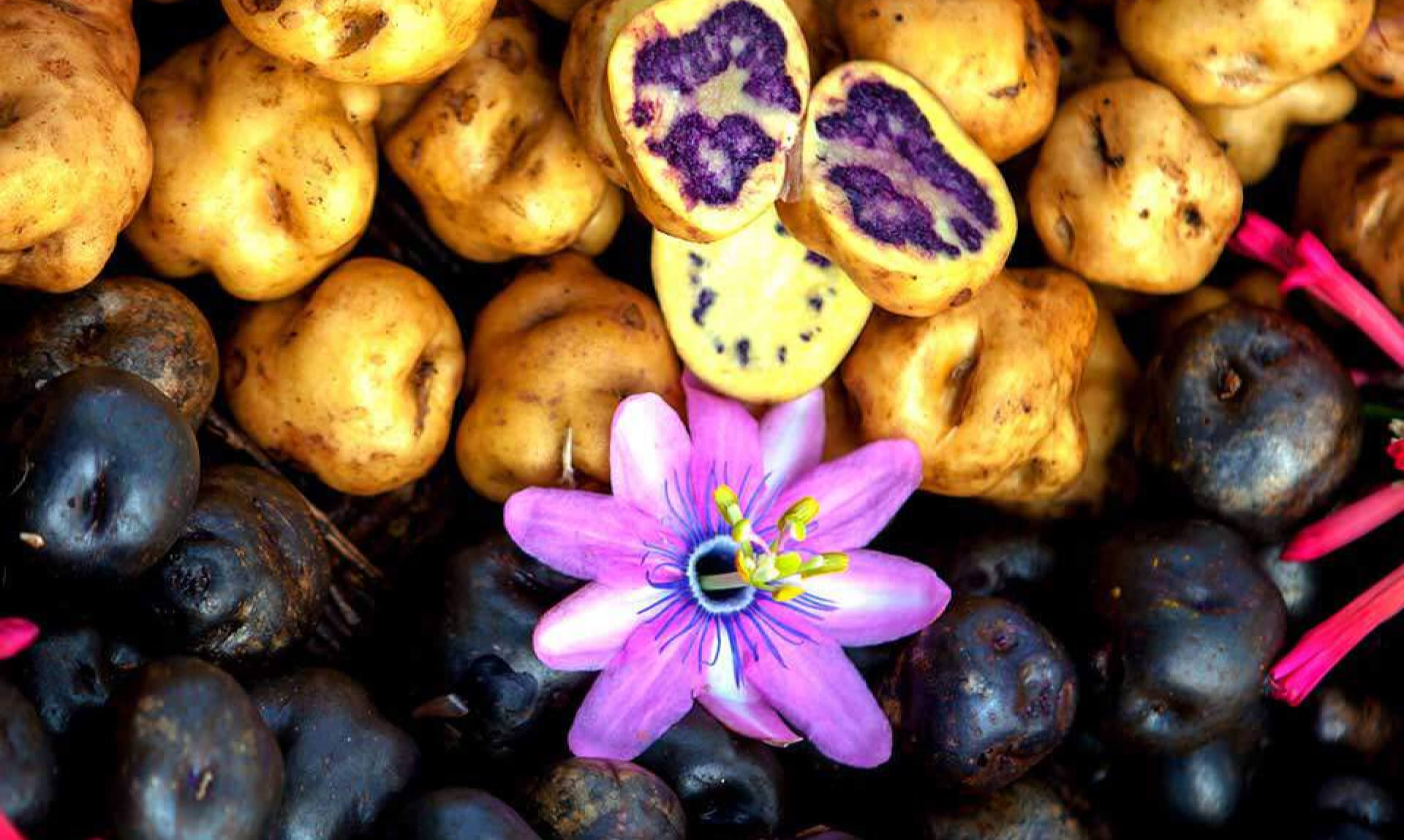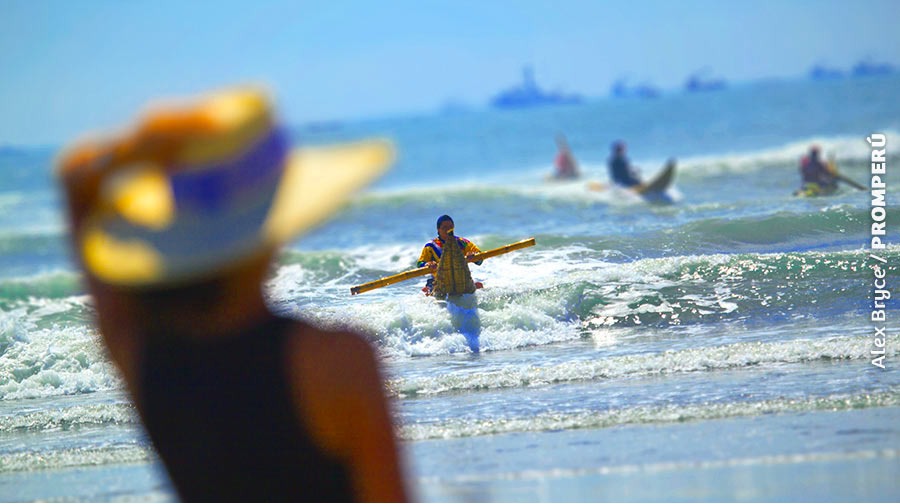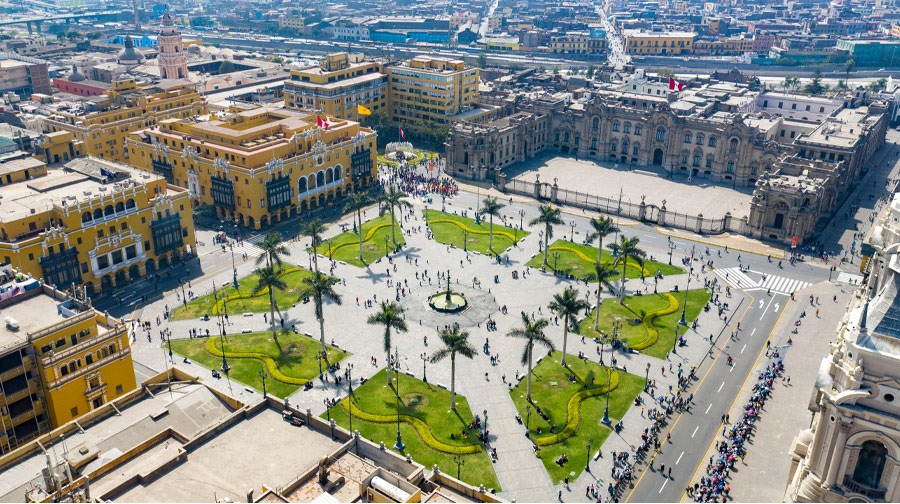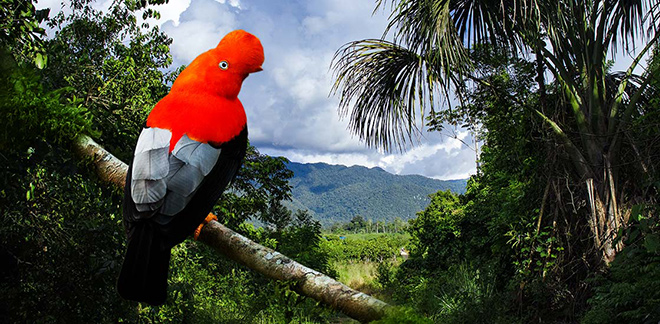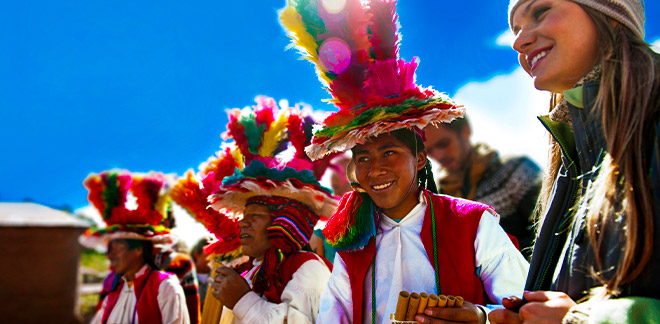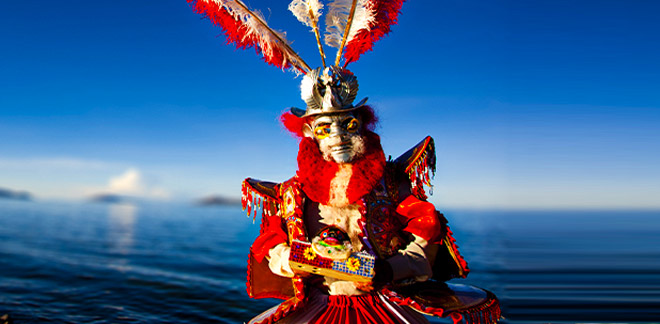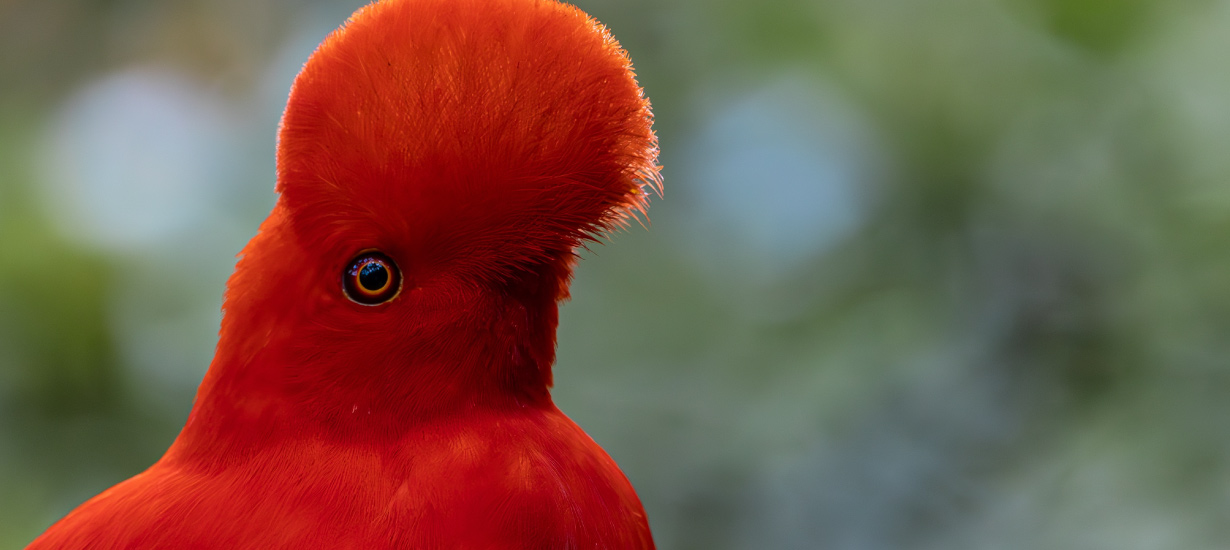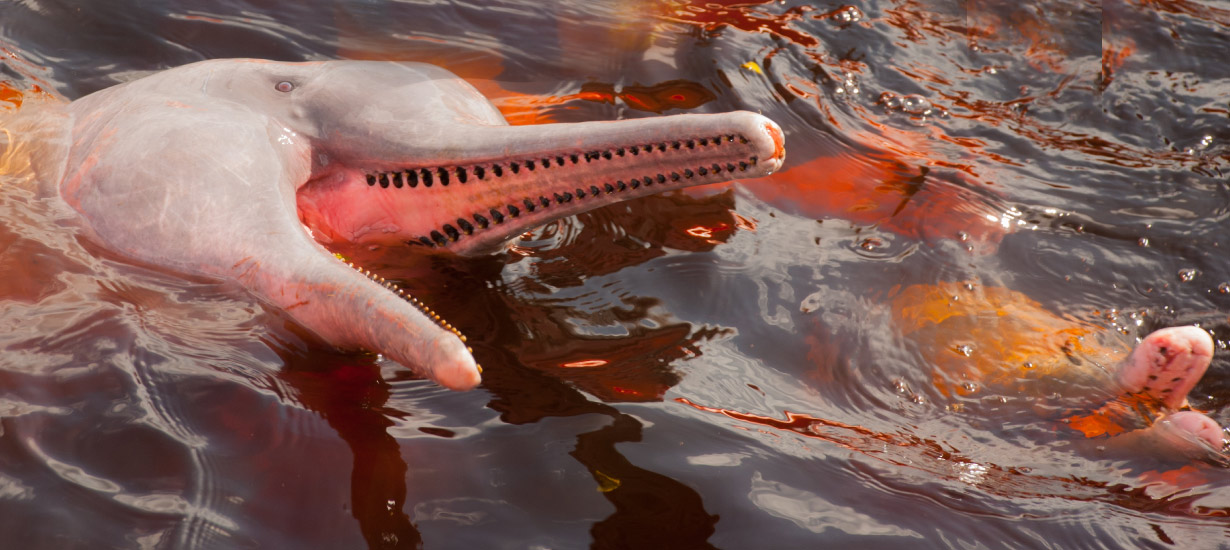Lambayeque: learn about the history, places, and typical food of this wonderful department
Síguenos en:Google News
History, gastronomy, sun, and beach. This northern region has everything to enjoy an unforgettable summer vacation.
All the regions of Peru offer an opportunity to enjoy a different culture, an unique gastronomy, and in order to deep into Peru’s millenary history. The region of Lambayeque, located in the northern coast of the country, is not the exception. It is the cradle of one of main pre-Inca cultures of the Peruvian territory: the Moche culture. Besides, it offers a very diverse and appreciated regional cuisine (including typical dishes as arroz con pato, causa ferreñafana and frito chiclayano) and has beautiful beaches to relax and practice adventure sports.
In addition, the Lambayeque weather is ideal to enjoy the summer months with a perfect heat for a day at the beach (with average temperatures ranging from 20°C and 30°C) and many hours of sunlight to take advantage of the activities at the most during this season of the year.
The following are only some activities and opportunities that Lambayeque has to offer to tourists who are encouraged to visit it.
VISIT THE ROYAL TOMBS OF SIPAN MUSEUM
This museum has received numerous international acknowledgements and was, before the pandemic, the most visited one in Peru. Its main attraction was the tomb of Lord of Sipan, an important ruler of the Mochica culture, and lived around the year 300 BC. The luxurious burial which highlights various golden and ceramic pieces illustrates the goldsmiths and ceramists’ talent of the ancient Peru.
.jpg?ver=2022-01-24-104044-183) Fuente: César Vega / PROMPERÚ
Fuente: César Vega / PROMPERÚ
CYCLING BETWEEN THE PYRAMIDS
The Bosque de Pomac Historic Sanctuary is a natural protected area which houses the major and most thick formation of carob trees of the planet. It has 6000 hectares and is a paradise for almost the 90 species of birds that live in it. Also, it preserves 36 pyramids of the Sican culture within it. The past years, it became a perfect route for biking. Therefore, it is very visited by the tourists who look for practicing adventure sports and enjoy the nature at the same time.
ADVENTURE SPORTS OF THE ANCIENT PERU
Pimentel and Eten Port are the most representative beaches in the northern region. Both are ideal to take sunbaths or spend a day with the family, however they are also popular among the surfers. Further, visitors dare to surf in a caballito de totora, a little individual boat with more than 3000 years of history. Traditionally, it is used by fishermen, but it has gain popularity among surfers in the recent years.
CHAPARRI, HOUSE OF THE ANDEAN BEARS
The Chaparri Reserve was a sacred placed for the Mochica culture. Nowadays, it is a protected area and houses more than 280 species of birds, 15 of mammals, 23 of reptiles and 5 of amphibians. One of the most seek ones is the Andean bear, the single species of bear that exists in the Peruvian territory. The reserve is located at less than one hour of the city of Chiclayo, the capital of the department. It is very easy to visit it because there are travel agencies in the downtown that everyday takes tourists who want to connect with nature and to explore Mochica remains and constructions that still exist in the area.
THE SEA, SOURCE OF WEALTH
Historically, the region of Lambayeque has been the cradle of fishermen. Even, the mythology of its origin refers to the ocean. It is told that Naylamp, a millenary divinity, arrived by sea and taught men to fish. Once its task was accomplished, it went away flying transformed in a sea bird. The connection of the region with the sea is also remarkable in its gastronomy. A simple cebiche with zarandaja and yuyo or a fried fish is savored in more than one of the several restaurants located in its beaches.

